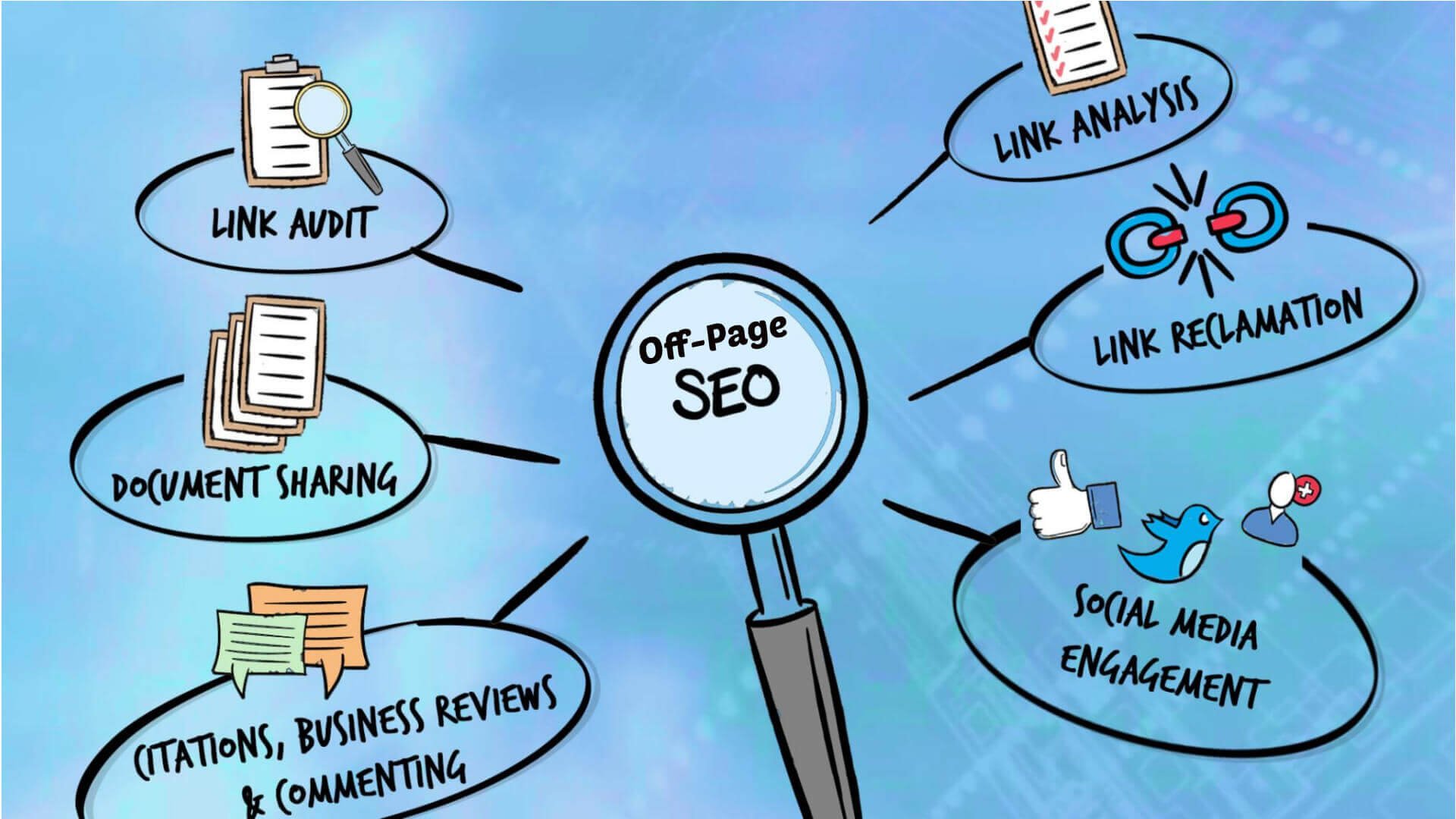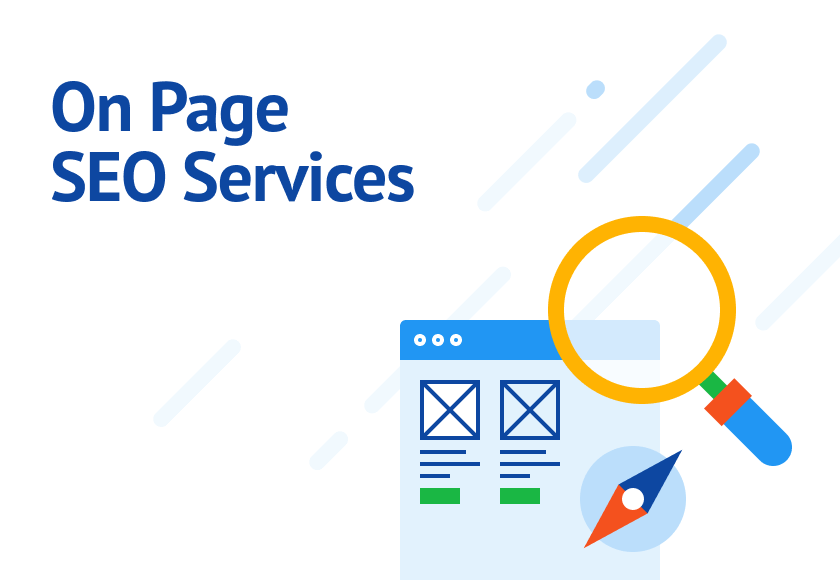To boost your local search rankings, you need to nail down a solid keyword research strategy. Start by identifying your target audience’s demographics, including age, gender, and interests, to create local keywords that cater to their preferences. Next, brainstorm keywords and phrases that incorporate specific geographic terms to capture relevant local search intent.
Utilize tools like Google Keyword Planner and SEMrush to uncover valuable insights and stay ahead of the competition. Analyze your competitors’ keyword strategies to refine your approach, and optimize your content with location-specific terms. By mastering these strategies, you’ll be well on your way to dominating local search results – and that’s just the beginning.
Identify Target Audience Demographics
To create an effective local SEO keyword strategy, you need to start by identifying the specific demographics of your target audience. You can’t just guess who your customers are; you need to dig into the data to understand their age, gender, income level, and interests. This demographic data will help you create local keywords that cater to specific customer preferences, increasing the chances of connecting with the right audience in the local market.
Analyzing your target audience demographics provides valuable insights for keyword research. By understanding who your customers are, you can select keywords that resonate with them, ultimately improving your local SEO performance.
Don’t overlook the importance of incorporating demographic insights into your keyword strategy. It’s the key to creating a tailored approach that reaches and engages with local customers.
With a clear understanding of your target audience demographics, you’ll be able to develop a keyword strategy that drives results and sets your business up for success in the local market. By doing so, you’ll be one step closer to achieving your local SEO goals.
Brainstorm Local Keywords and Phrases

When developing a local SEO keyword strategy, brainstorming local keywords and phrases that incorporate specific geographic terms is essential for capturing relevant local search intent and driving targeted traffic to your business.
You’ll want to think about the specific location of your business, such as the city, neighborhood, or region, and how locals commonly search for products or services in your area. This will help you attract relevant traffic and increase your online visibility.
To get started, you can use online tools like Google Keyword Planner to generate ideas and suggestions for local keywords based on search volume and competition. Consider including long-tail keywords that reflect customer needs and preferences, helping you connect with a more targeted local audience.
Brainstorm phrases that combine your services or products with location-specific terms, such as ‘best coffee shops in downtown LA’ or ‘affordable plumbing services in Chicago.’ By incorporating these local keywords and phrases, you’ll be able to effectively capture local search intent and drive more targeted traffic to your business. This is key to a successful local SEO keyword strategy.
Utilize Keyword Research Tools Effectively

By leveraging the right tools, you can supercharge your local SEO keyword strategy, and fortunately, a range of powerful options, including Google Keyword Planner, SEMrush, Ahrefs, Moz Keyword Explorer, and Ubersuggest, are available to help you uncover valuable keyword insights and stay ahead of the competition.
Effective local keyword research is all about understanding what your audience is searching for, and these tools help you achieve that. Google Keyword Planner is a great starting point for free keyword research and search volume estimates.
Meanwhile, SEMrush, Ahrefs, and Moz Keyword Explorer offer extensive features for competitor analysis, keyword difficulty, and search volume trends. Ahrefs, in particular, stands out for its powerful insights into keyword difficulty and competitive analysis.
Ubersuggest, on the other hand, excels at providing long-tail keyword suggestions and search volume insights to optimize your local keyword strategy.
Analyze Competitor Keyword Strategies

Analyzing your competitors’ keyword strategies gives you a clear understanding of the search terms and phrases they’re using to attract local customers and outrank you in search engine results. By conducting competitor keyword analysis, you’ll identify the top keywords your competitors are ranking for in local search results and gain insights into their effective keyword tactics. This analysis also helps you understand the search terms driving traffic to their websites in your target area. You’ll learn how they’re using these keywords to attract local customers and refine your own local SEO keyword strategy.
Through competitor analysis, you’ll uncover gaps in your current keyword strategy and opportunities to outrank your competitors. By studying their keyword tactics, you’ll gain a deeper understanding of what works and what doesn’t in local SEO keyword research. This knowledge will enable you to refine your keyword strategy, making it more effective at driving traffic and attracting local customers. By leveraging competitor keyword analysis, you’ll stay ahead of the competition and improve your local search rankings.
Optimize Content With Local Keywords

Optimizing your website content with local keywords is an essential step in targeting specific geographic areas and attracting local customers who are searching for products or services like yours.
To do this effectively, you need to incorporate location-specific terms in your meta tags and headings. But first, you’ve got to identify the right local keywords. That’s where Google’s Keyword Planner comes in – it helps you research and pinpoint relevant local keywords for optimization.
As you’re creating your content, integrate local mentions naturally throughout. This enhances your local SEO efforts and makes your content more authentic.
But here’s the thing: you want to target long-tail keywords with local intent. These keywords are more specific phrases that capture highly targeted local search traffic. By incorporating them, you’ll increase your chances of ranking higher in local search engine results.
To Recap
You’ve now got a solid foundation for local SEO keyword research strategies to boost your online visibility.
Did you know that 76% of local mobile shoppers visit a store within a day of conducting a search? This statistic highlights the importance of targeting the right keywords to reach your local audience.
By implementing these top 5 strategies, you’ll be well on your way to optimizing your content and attracting more local customers to your business.








